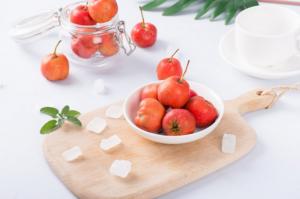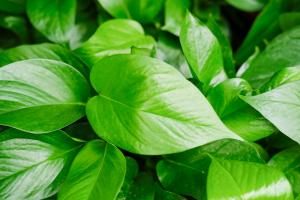How to Deal with Tomato Plant Leaf Curl
Tomato plants are a popular choice for home vegetable gardens due to their delicious fruit and ease of cultivation. However, sometimes tomato plants can experience leaf curl, which can reduce the yield of fruit and lead to stunted growth. Here are some tips on how to deal with tomato plant leaf curl:
Identify the Cause
The first step in dealing with tomato plant leaf curl is to identify the cause. There are several reasons why tomato plants might experience leaf curl, including:
Overwatering
Underwatering
Insects or disease
Environmental stress
Once the cause has been identified, it will be much easier to address the issue and restore the health of the plant.
Adjust Watering Practices
One of the most common causes of tomato plant leaf curl is overwatering or underwatering. If the soil is too dry or too wet, the plant’s leaves may begin to curl up or down. To address this issue, adjust your watering practices. Tomato plants typically need about 1 inch of water per week, but this can vary depending on the climate and soil type. Water deeply and infrequently, allowing the soil to dry out between waterings. If the plant is in a container, make sure it has adequate drainage to prevent water from sitting in the bottom of the pot.
Manage Pest and Disease Problems
Insects and disease can also cause tomato plant leaf curl. Common pests that affect tomato plants include aphids, whiteflies, and spider mites. These pests can be controlled with insecticidal soap or neem oil. Fungal diseases like verticillium wilt or fusarium wilt can also cause leaf curl, and may require the use of a fungicide or removal of affected plant parts. If you suspect a pest or disease issue, consult a gardening guide or professional for advice on how to address the problem.
Reduce Environmental Stress
Tomato plants can become stressed by extreme temperatures, drought, or poor soil quality. To reduce environmental stress, provide the plant with adequate nutrients and support, such as a trellis or stake. Mulching around the base of the plant can also help retain moisture in the soil and reduce temperature fluctuations. In hot climates, provide shade for the plant during the hottest part of the day.
Conclusion
Tomato plant leaf curl can be frustrating, but with the right knowledge and tools, it can be addressed and prevented. By identifying the cause of the issue, adjusting watering practices, managing pest and disease problems, and reducing environmental stress, you can help your tomato plant thrive and produce a bountiful yield of delicious fruit.

 how many times do yo...
how many times do yo... how many planted tre...
how many planted tre... how many pine trees ...
how many pine trees ... how many pecan trees...
how many pecan trees... how many plants comp...
how many plants comp... how many plants can ...
how many plants can ... how many plants and ...
how many plants and ... how many pepper plan...
how many pepper plan...

































